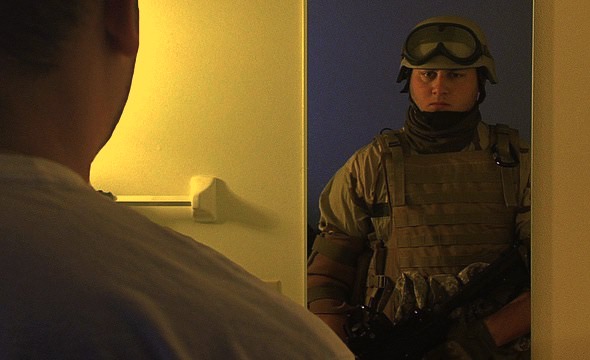Government Efforts to Treat PTSD Are for Naught
There is little evidence that the billions of dollars spent each year to treat military service members and veterans diagnosed with post-traumatic stress disorder are having their intended effects, a new report commissioned by Congress finds.
There is little evidence that the billions of dollars spent each year to treat military service members and veterans diagnosed with post-traumatic stress disorder are having their intended effects, a new report commissioned by Congress finds.
The L.A. Times reports:
The report described PTSD care in the military health system as “ad hoc, incremental and crisis driven” and said the Department of Veterans Affairs had not hired mental health providers fast enough to keep pace with the rising demand.
The government spent $3 billion on PTSD treatments for veterans in 2012 and $294 million more for service members, according to the report.
But neither the Defense Department nor the VA have consistently collected data on how patients are faring or even what treatments they have received, making it impossible to assess the quality of care.
“Both departments lack a coordinated, consistent, well-developed, evidence-based system of treatment for PTSD,” said Dr. Sandro Galea, a Columbia University epidemiologist who led the Institute of Medicine committee that produced the 301-page report.
Read more here.
— Posted by Alexander Reed Kelly.
Your support matters…Independent journalism is under threat and overshadowed by heavily funded mainstream media.
You can help level the playing field. Become a member.
Your tax-deductible contribution keeps us digging beneath the headlines to give you thought-provoking, investigative reporting and analysis that unearths what's really happening- without compromise.
Give today to support our courageous, independent journalists.





You need to be a supporter to comment.
There are currently no responses to this article.
Be the first to respond.